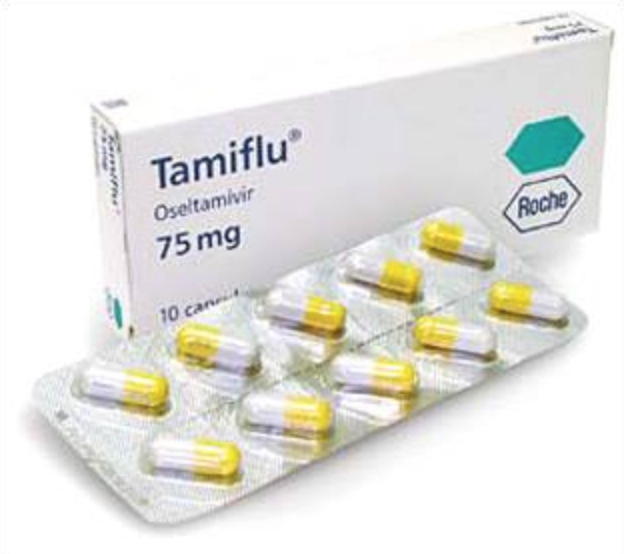Parents Warn of Toddler’s Seizures and Hallucinations from Common Flu Medication
The Method to Get Rid of Lice Quickly and Cheaply:
During the flu season, it is important to be extra cautious, especially with young children. Wash your hands regularly and avoid close contact with others who are ill.
Common flu symptoms include a dry cough, headache, high fever, sore throat, chills, and stomach issues. If the fever does not subside after three to five days, consult a doctor.
That was exactly what parents Andrea and Josh Wallens from Texas did when their 2-year-old son Steven was hit by the flu. However, when doctors administered the toddler a common flu medication, the situation quickly turned serious.

Andrea and Josh Wallens’ 2-year-old son Steven was afflicted with the flu. The parents took him to the hospital, where doctors prescribed him flu medication Tamiflu. According to WebMD, Tamiflu is used to make the symptoms of the flu virus less severe and shorten the recovery time by 1-2 days.
The medicine does not kill the virus but prevents it from growing in the body.

The medication had an immediate effect – but unfortunately, not the desired one. Immediately after taking the medicine, the boy began to tremble, hallucinate, and experience headaches. He even struck his mother in the face. It was evident to everyone in the waiting room that something was wrong.
And Steven is not the only child who has reacted poorly to Tamiflu. Last week, a 6-year-old girl in Texas jumped out of a window after taking the medication. Like Steven, she experienced hallucinations.

Despite this, doctors maintain that the benefits of the medication outweigh the potential risks. Pediatrician Norina Ocampo states that “most children do not experience side effects from Tamiflu.”
Dr. John Shufeldt agrees, saying, “Tamiflu is really important. It reduces the duration of the flu by about a day and decreases severity by 10 percent to 30 percent.”
Now, Steven’s parents want to warn others about the medication’s side effects. Tamiflu is a prescription drug. However, it is a controversial medication, with the WHO even questioning its effectiveness. Nevertheless, it is still regularly prescribed to patients, largely due to a lack of suitable alternatives.
These two incidents have led many parents in the US to refuse to give their children Tamiflu.
General advice to prevent the flu is to wash your hands regularly and carefully, preferably with a hand spray. Also, avoid touching your eyes, nose, and mouth, and steer clear of close contact with sick individuals. Seek help if the fever does not subside after four days. Children may experience other symptoms such as diarrhea, nausea, vomiting, and stomach issues.
Share this important warning on Facebook!




